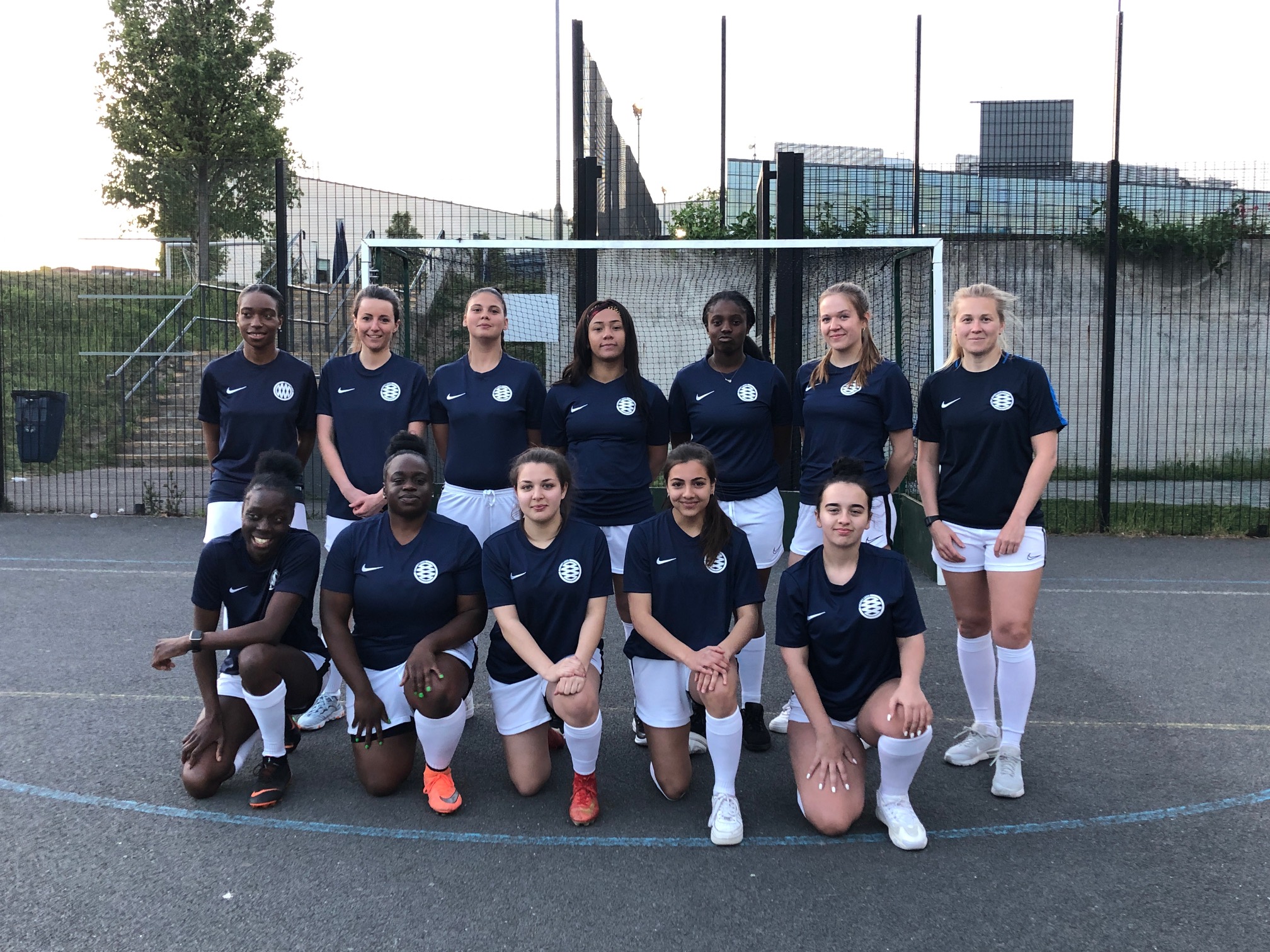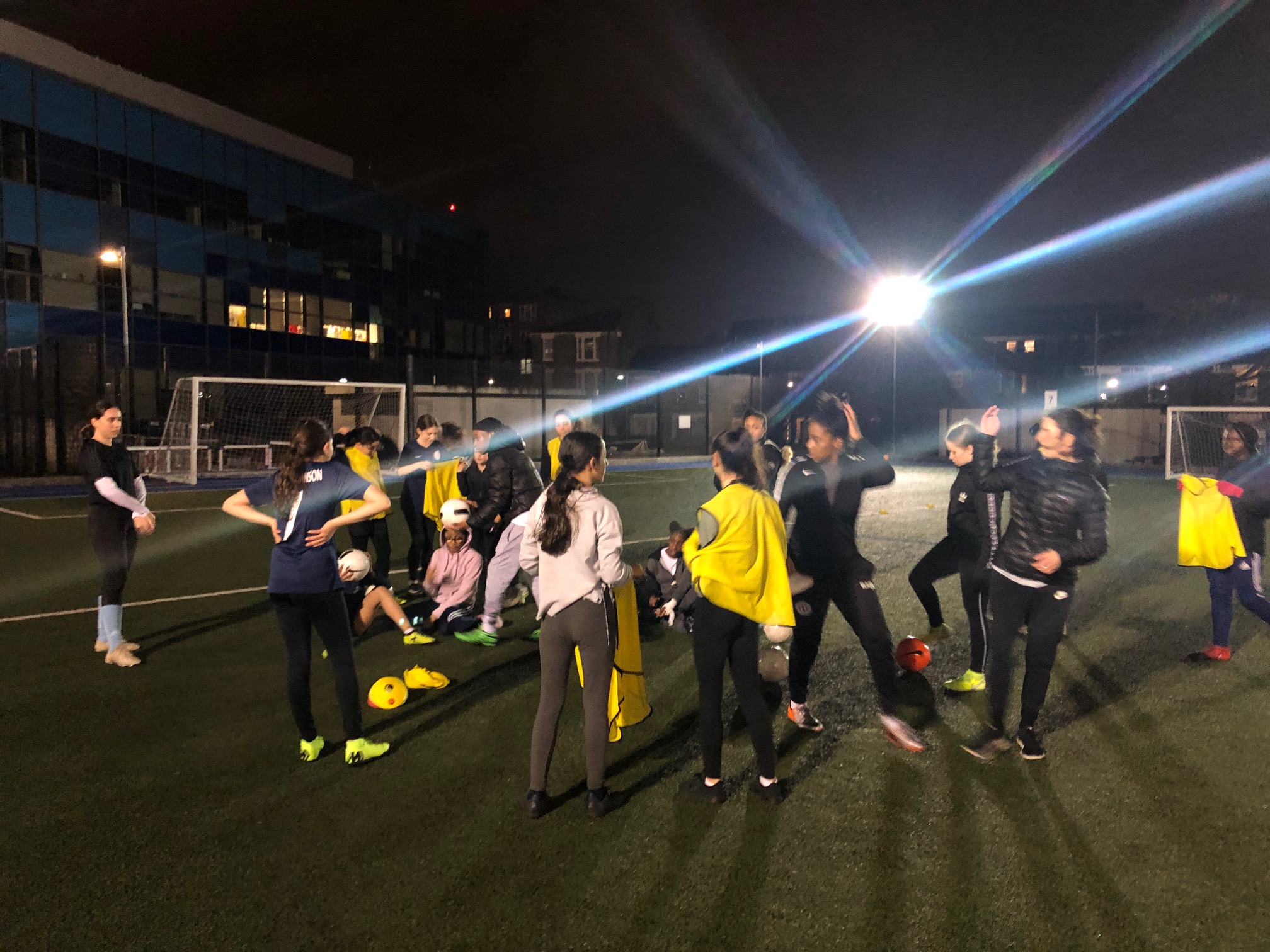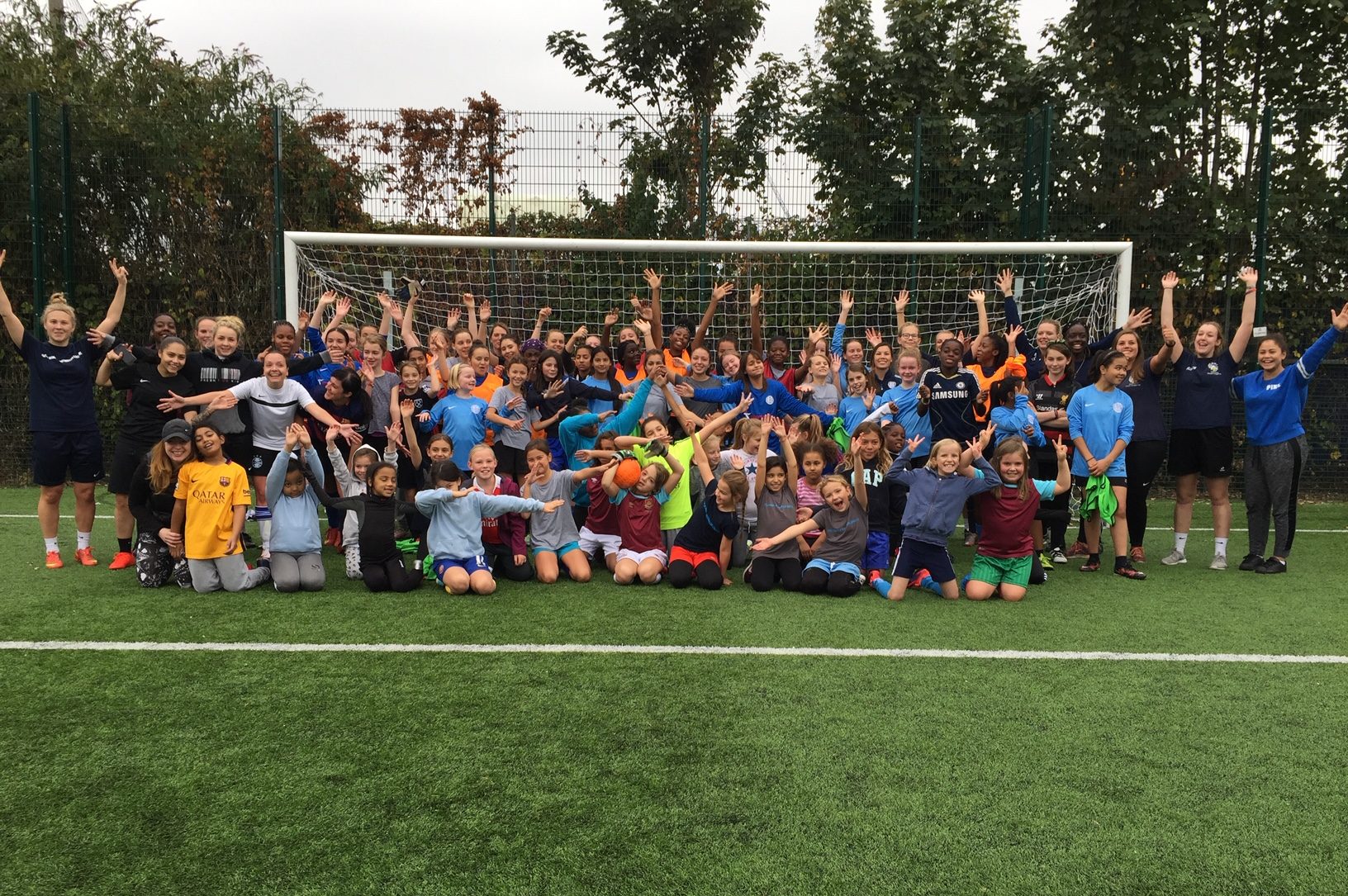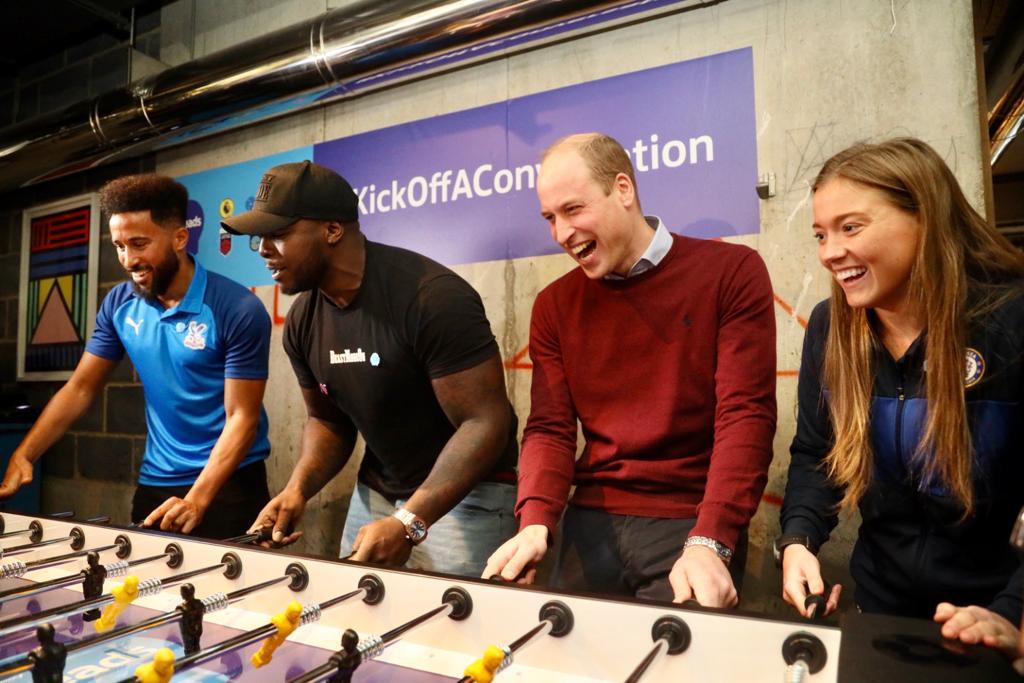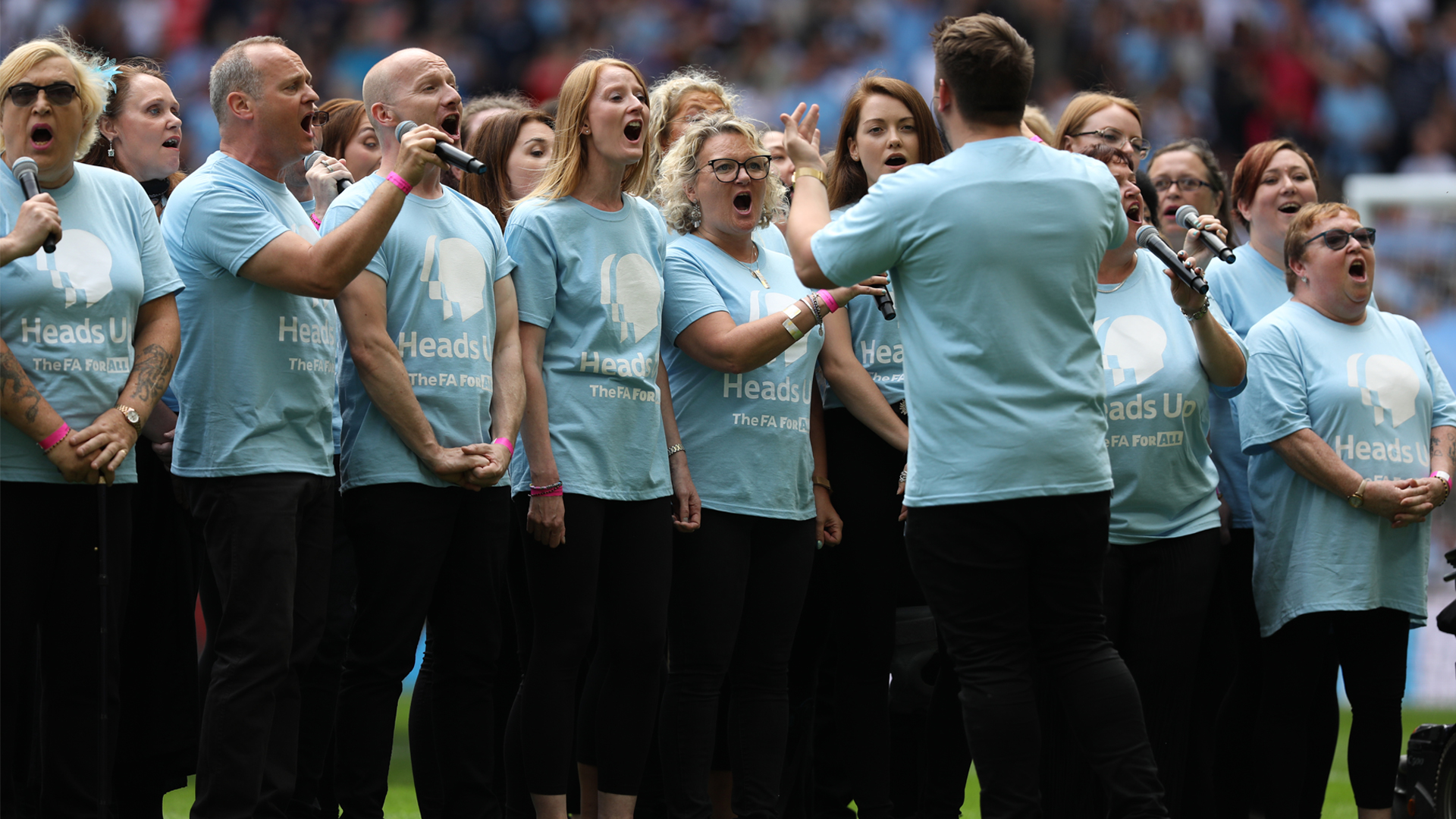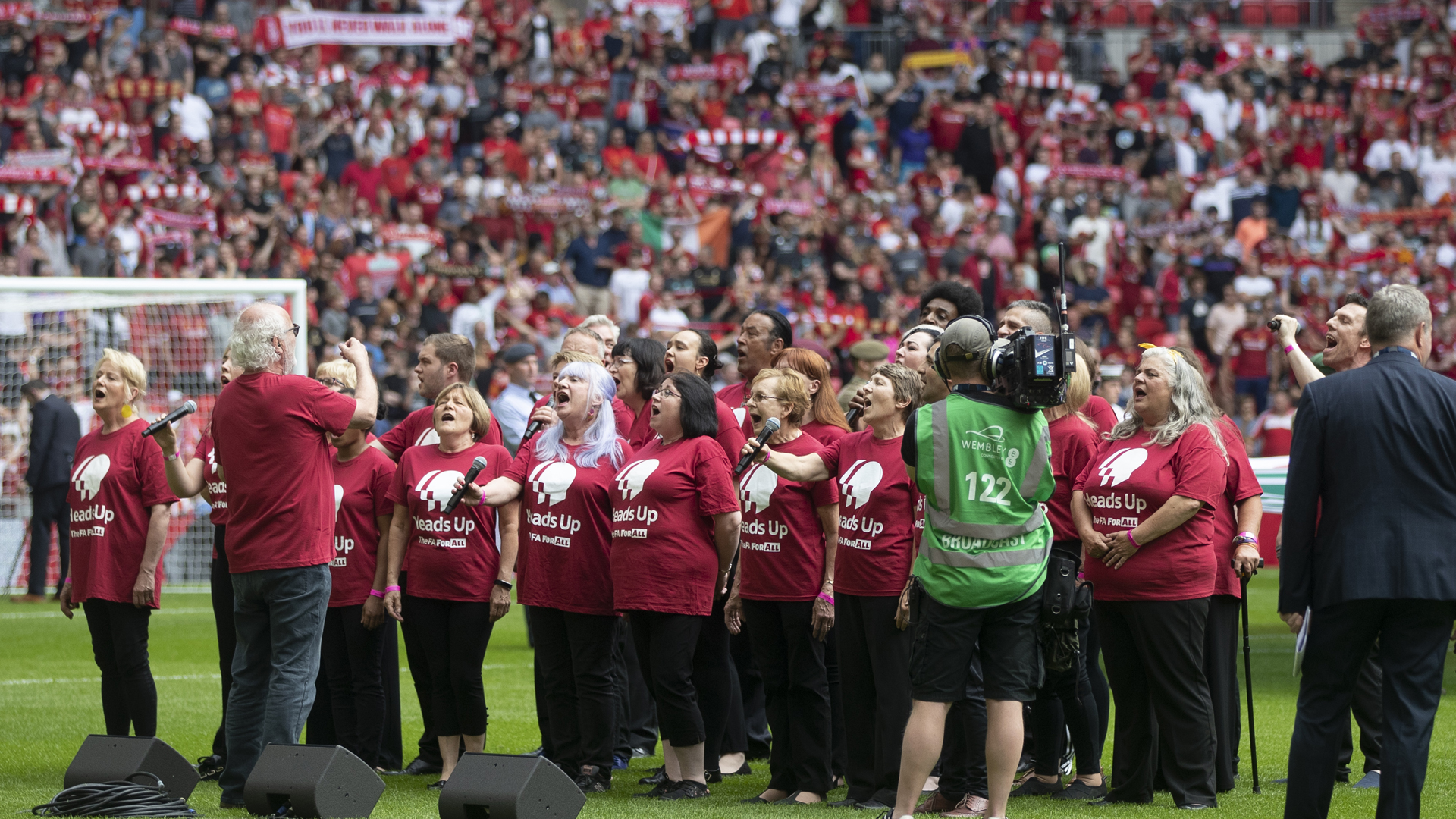9 years ago, I set up a football community for girls after being approached by a 14 year-old in my local park telling me she had no where to play. After inquiring to a number of organisations, local councils, and schools, I discovered that there wasn’t a place for teenage girls to play. So, Hackney Laces was born.
Over the years, we’ve become a group made up of hundreds of girls and women spread across London, including two sister clubs – Limehouse Laces and South London Laces – and have more than 50 FA qualified female coaches.
From the very beginning we knew the importance of community that comes with taking part in football. There are clear and obvious recognised health benefits of playing football; however there’s also a less obvious and rarely evaluated health benefit associated with taking part in football – the social health that comes with being a part of a team. It’s this sense of belonging and collective shared identity that can really unite people, and create an environment of support. A support that may not exist in family or school relationships.
We’re also an open organisation led by our community. Over the past few years we’ve noticed a huge need for support for our players around their mental health. Particularly with young women, social media has played a big role in damaging our players’ body image and sense of self-worth, and has led to increased incidences of bullying.
To address this, we’ve done what we can as an organisation to continue to foster a safe community where people can be themselves and grow together. Crucially, it’s so important to us that people feel supported, included and know that they have people who have their backs.
Unfortunately, there isn’t a magic formula that helps people who are experiencing mental health issues. However, over the years we’ve found ways that work to support our football community.
Really value the importance of well-being
The same way we take our football development seriously, we give equal weighing to what we do off the pitch to support the development of our players.
At our training sessions, we always have a volunteer or coach that sits on the bleachers during sessions. It’s known within the club that people can go off the pitch and chat with this person about anything. Sometimes it’s as simple as players that don’t fancy the session, and other times it’s one of our girls talking about the anxiety they’re feeling with mock exams coming up, or managing negative feelings caused by something that happened on social media.
We also have a designated person, Beth Towle, who is our Head of Health and well-being. She makes sure we are up to date on the latest research regarding ways of supporting people, as well as finding ways to get our coaches trained as mental health first aiders. Beth also manages how we measure the impact of supporting the social and mental health of our players, coaches and volunteers.
Signpost to lots of resources and experts
Everyone is different in how they experience mental health issues. And tiny organisations like ours don’t have all the answers, expertise or time! So we signpost our community regularly to great resources like Mind and CALM.
Talk openly and often
Stigmas only go away once you can normalise the conversation. The more words like mental health are coming up in regular conversations the better! In January we did a workshop around mental health awareness and one of our players said they hadn’t realised that “even footballers can be affected”. By talking more openly and sharing stories through campaigns like Heads Up, people can recognise that mental health can affect anyone at anytime, regardless of fame, fortune or any other factors.
By Katee Hui – @hackneylaces
